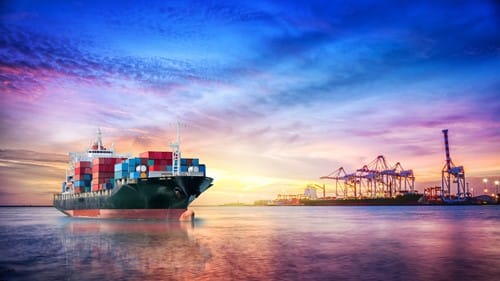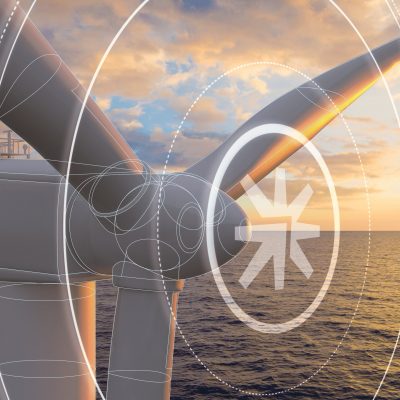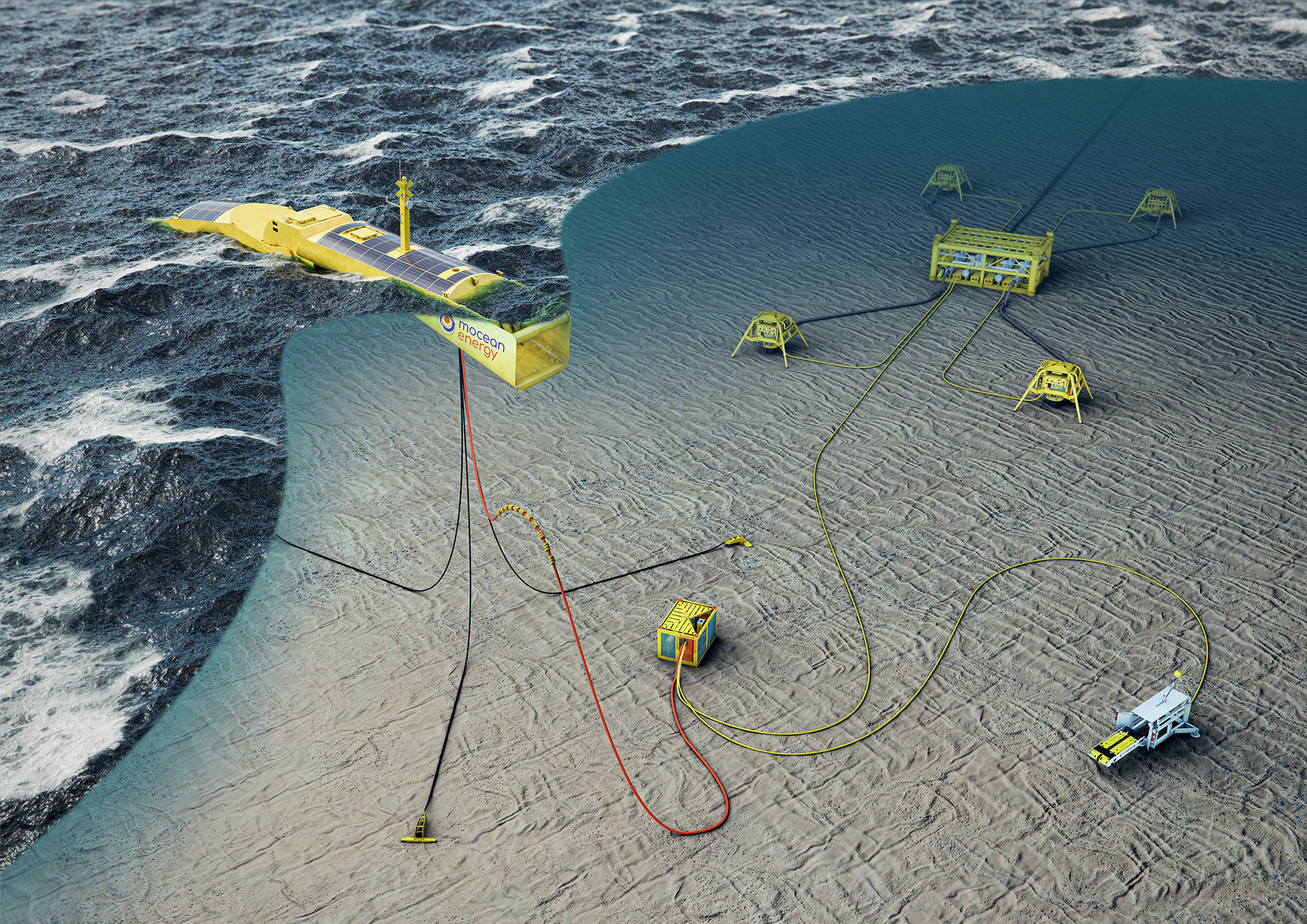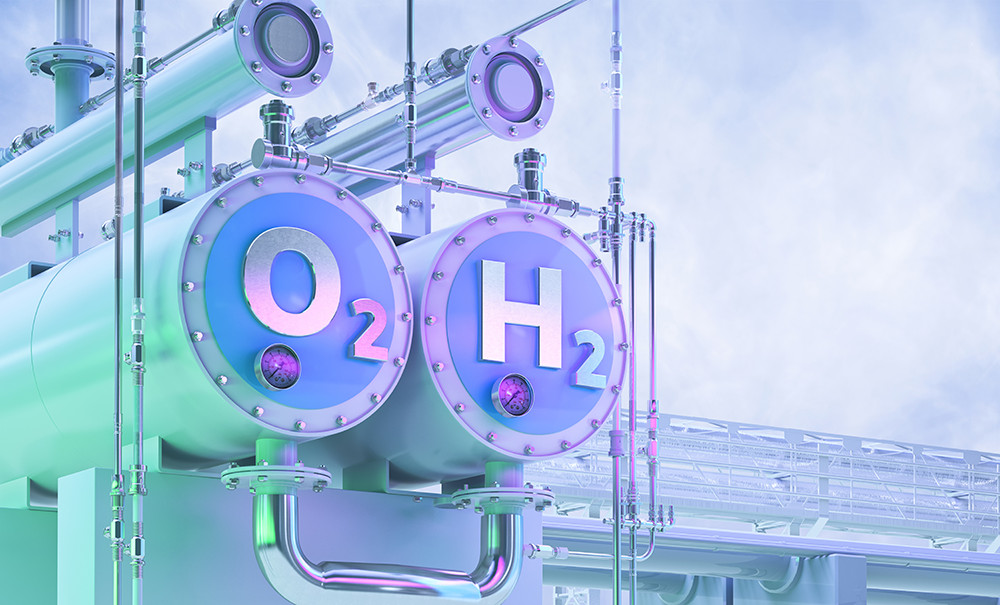NEWS & INSIGHTS | Opinion
Decarbonising the Marine Industry through Energy Hubs

With global temperatures rising, the need to lower our carbon footprint has never been more imperative. However, the marine industry is perceived as a challenging sector for emissions reduction, requiring significant changes in infrastructure and technology to achieve net-zero. Traditionally, ships use heavy fuel oil, which results in emissions of disproportionally high amounts of sulphur, nitrogen oxide, particulate matter and CO2. By 2050, 6 million barrels of fuel could be used daily in the marine sector. Decarbonising this industry would play a vital role in halting global temperatures.
Shipping is integral to our economies, accounting for the transportation of over 90% of UK goods and over 80% of world goods. Shipping creates approximately 181,000 jobs in the UK and directly generates £19 billion for the economy. It also provides access to food, clothing, energy, and many other goods and services. However, this industry faces challenges in adopting alternative fuel and reducing emissions while thriving and supporting the supply chains that are essential to our daily lives. The alternative energy must decrease greenhouse gas emissions and lessen our reliance on fossil fuels while still being cheap and effective.
Hydrogen is the most abundant element in the universe and has been identified as a critical driver to achieve net-zero. Hydrogen is a clean-burning fuel with an infinite supply. However, practical challenges and lack of readiness have created barriers to its widespread adoption. Because of this, hydrogen-derived fuels have been considered, such as ammonia, biofuels, and methanol. Each of these fuels also has its benefits and drawbacks, such as safety issues, unintended environmental impacts, and whether or not they are actually carbon neutral. The consequences of choosing the wrong option could remain with us for decades and cause irreversible increases in global temperatures. Nonetheless, a comparison of renewable fuels and the identification of technology gaps make the decarbonisation of the shipping industry an exciting possibility for the future and an integral part of achieving our climate change goals.
This blog discusses the North Sea Hy-Ships Study, a collaboration between ZEM Tech Limited, the Net Zero Technology Centre, Aberdeen Harbour Board and Fair Winds Trust.
Subscribe for the latest updates


